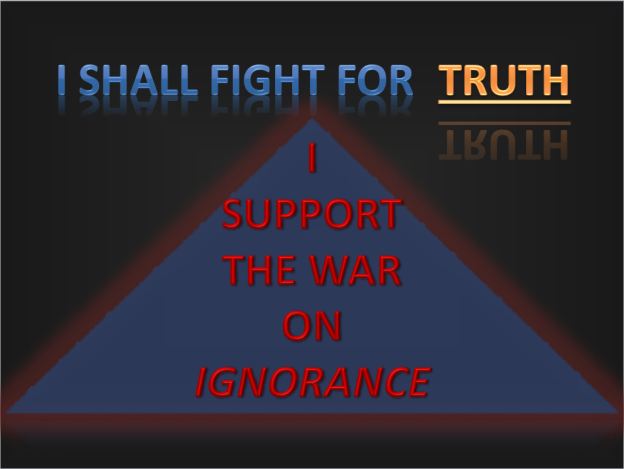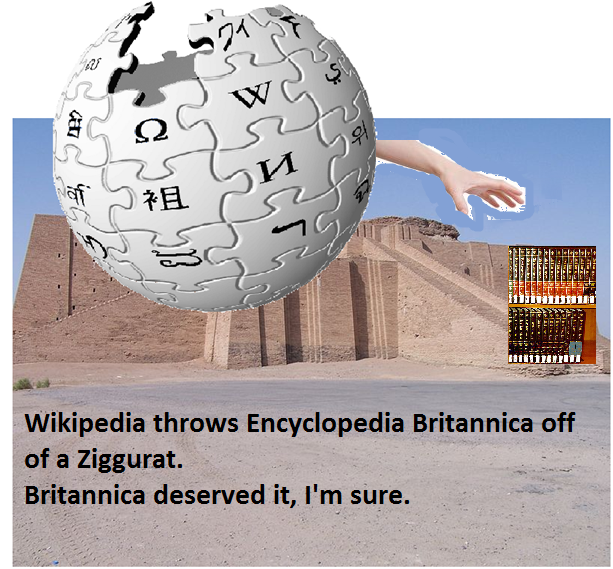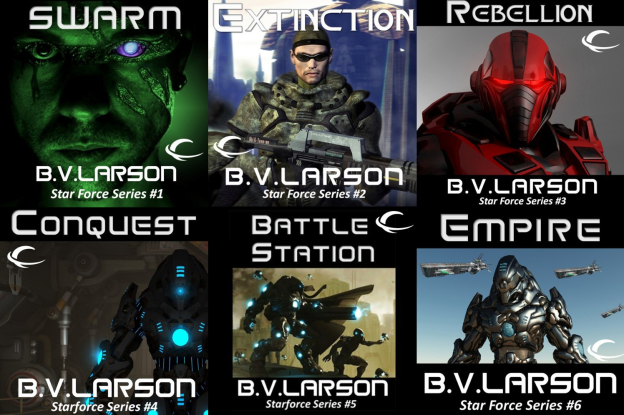The Will to Live
I am of the belief that a good thesis requires a sturdy foundation. Moreover, I would suggest that a Cartesian foundation, being a truism or otherwise self-evident idea, is the best of foundations. For, such a bottom-most building block assures that the entire proposal is at least based upon something solid and without contention. With a self-evident belief as the foundation, we can then build whatever we might want. Ideally, we shall build up a thesis with pieces that follow from the foundations that lie below them. Additionally, the more self-evident or self-justifying beliefs that are used as foundation, the more room there then is to expand, importantly, with confidence. So, I will start with a foundation that I believe is truly one of the most self-evident truths of the Universe as it is understood by humans, particularly those that are familiar with the life sciences, no matter what level in the hierarchy.
The foundation: That which is alive, wants to stay alive.
This is of course referred to as the will to live. This might not be so self-evident as “I think, therefore I am“, but I do believe it is on the same level as an oversimplified variant of the Anthropic Principle, “Humans evolved on Earth because the Earth was perfect for evolving Humans”.
I must of course address the naysayers who will want to talk about the suicidal. From a purely biological standpoint, individuals that feel this way are not rational living beings and thus must actually be categorized as separate from the otherwise uncategorized “alive”. One who is suicidal is not solely “That which is alive”. They must be considered differently as “That which is alive, but does not want to be”. This is a completely separate state of being from simply “alive”. That which is alive, is simply alive. It takes its life as a given and accepts it. These beings that are alive, want to stay alive.
That which is alive, but does not want to be either does not take its life as given or it does, but rejects it. These beings are not alive, per se, but are conditionally alive, in that, they do not want to be.Another way to demonstrate the contrast is in the dichotomy of “To be” or “Not to be”. “To be” is to be that which is alive. “Not to be” is to be that which is not alive, or to be alive without wanting to be.
Those that be continue to be while those that not be do not.
To summarize, this can be represented as a simple transposition:
That which is alive (A), wants to stay alive (W).
or, If A, then W (A -> W)
That which is alive, but does not want to be (~W), is not alive (~A)
or, If ~W, then ~A (~W -> ~A)
Thus, because “That which is Alive, wants to stay alive” is self-evident, then “That which is alive, but does not want to be, is not alive” is also self-evident. Therefore, “That which is Alive, wants to stay alive” cannot be ruled as fallacious by simply invoking the existence of the suicidal.
(The apathetic are an interesting case. However, for the sake of brevity, that which does not make an effort to not be is still alive. To be considered that which is alive, but does not want to be requires a will to not be. To be alive does not require a will to be, but instead is equal to that will.)
And… we have my self-evident Cartesian foundation. Oh yes, this whole post was simply to establish that my foundation was self-evident. That’s the thing with the “self-evident”. It’s only self-evident after being demonstrated that it is. I might suggest that this is a bit ironic, yes?
So what thesis am I building a foundation for? Stay tuned for Part II… (a teaser)
Dear World, Give me a million (or so) dollars, and I will cure aging. Yes, you. And yes, me, CURING AGING. Let us end mortality.
The path to extreme longevity for Homo sapiens is not one that begins in the far and distant future. No; this path will be revealed as soon our resources are put in the right place.
Here, I will convince you of the above truth. I will concurrently demonstrate that I am the right person to lead us into this frontier.










